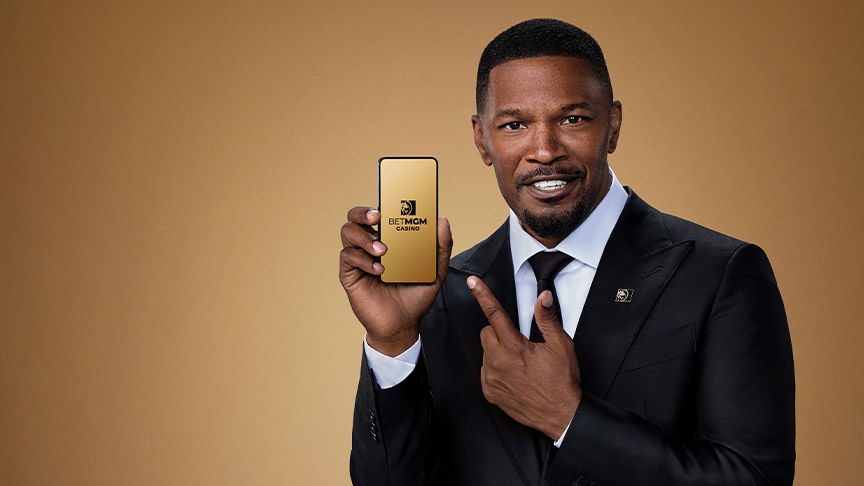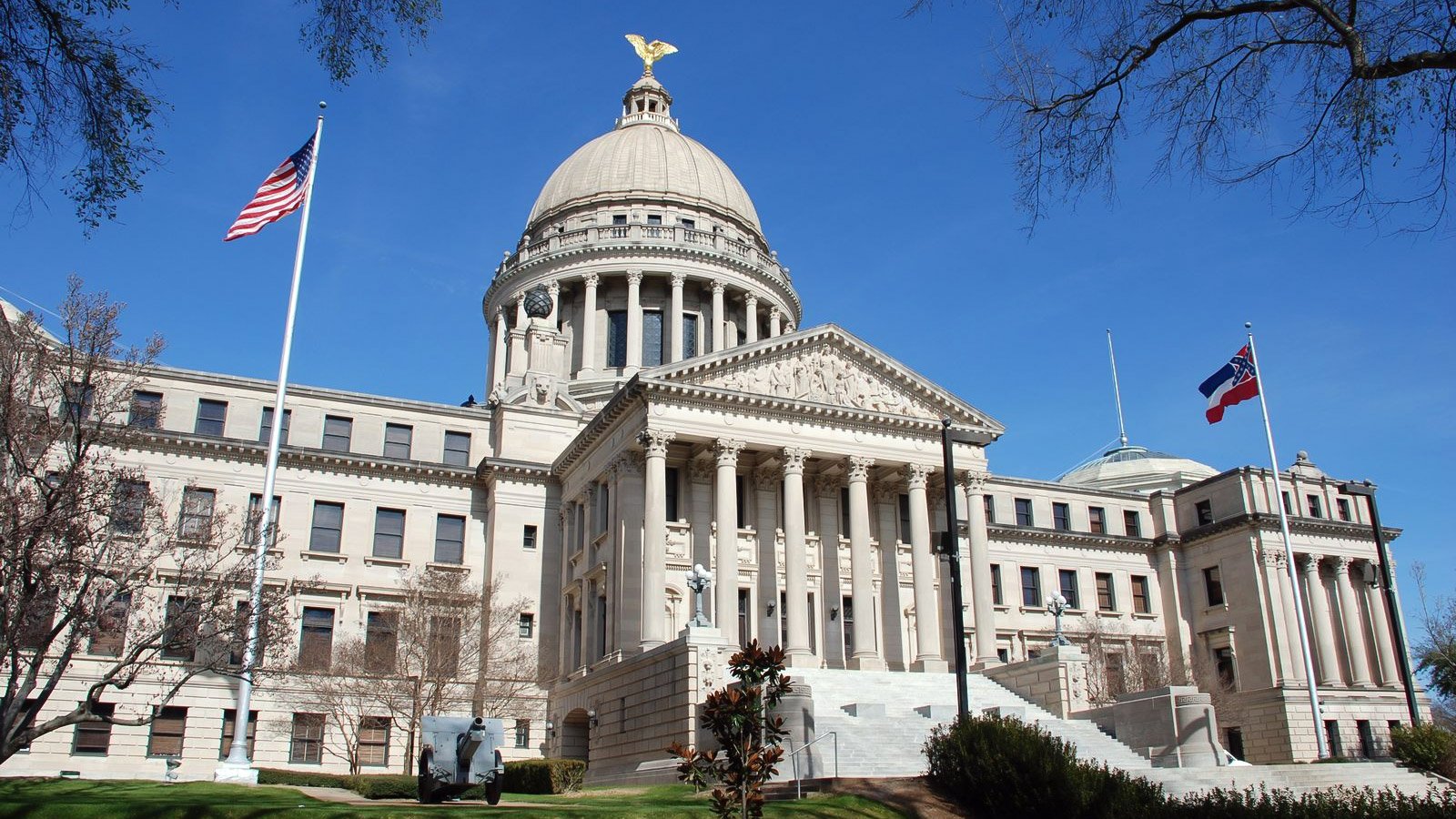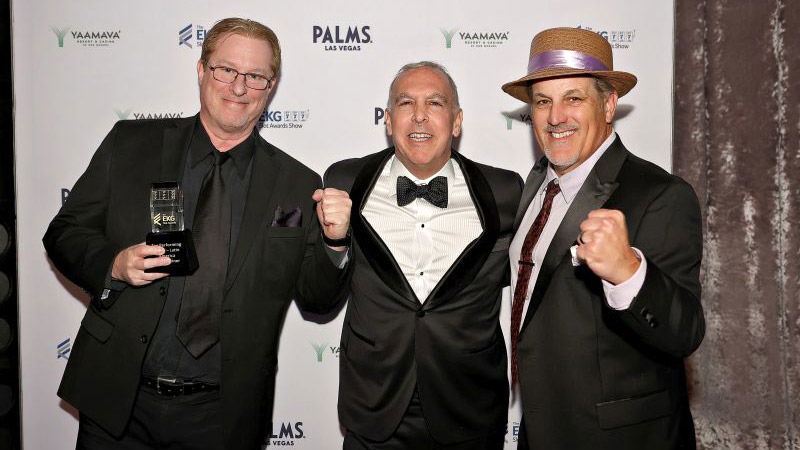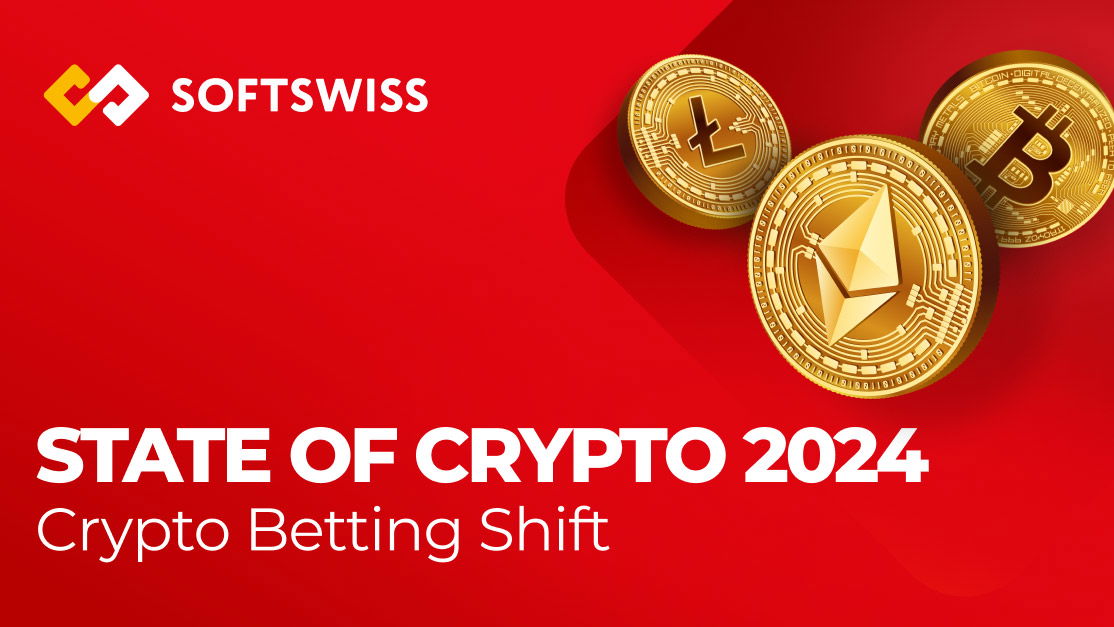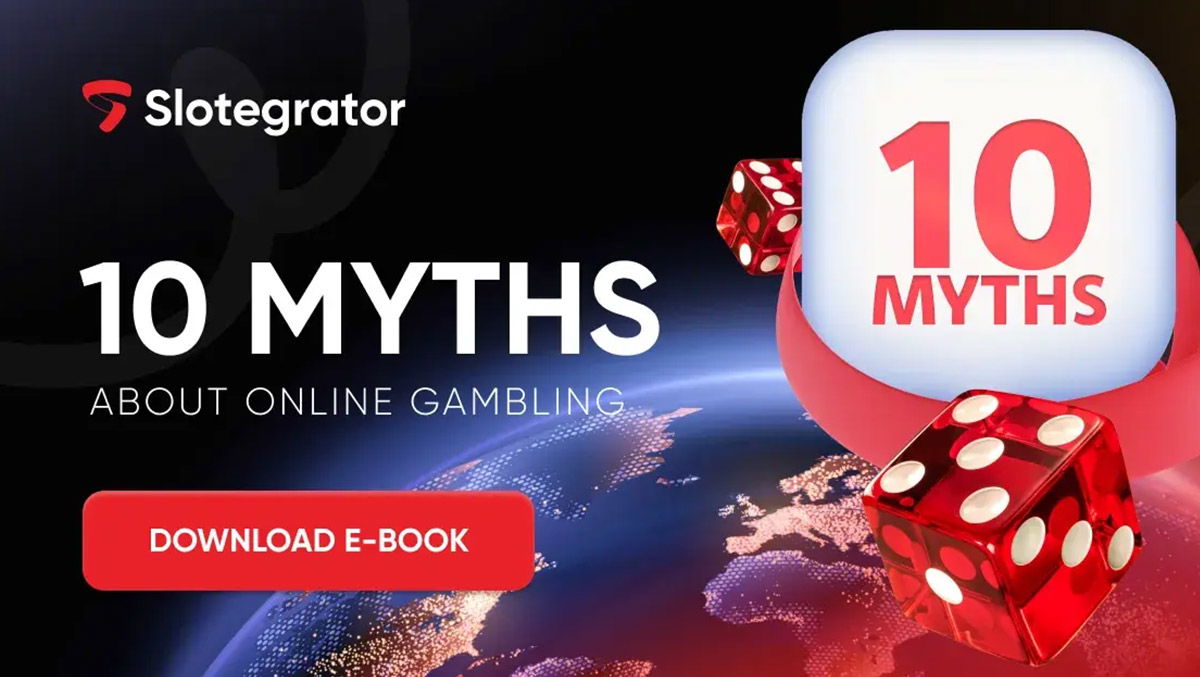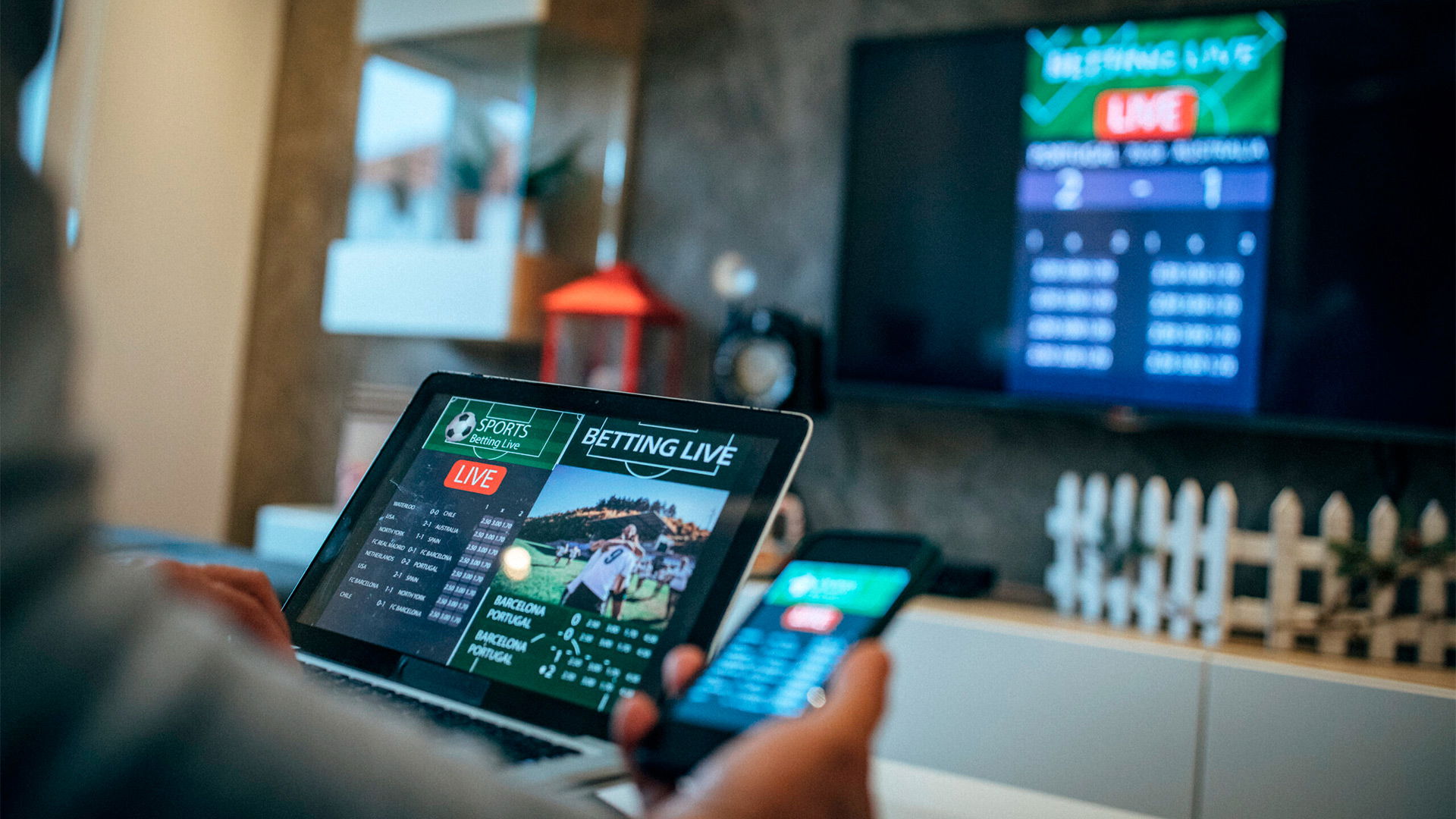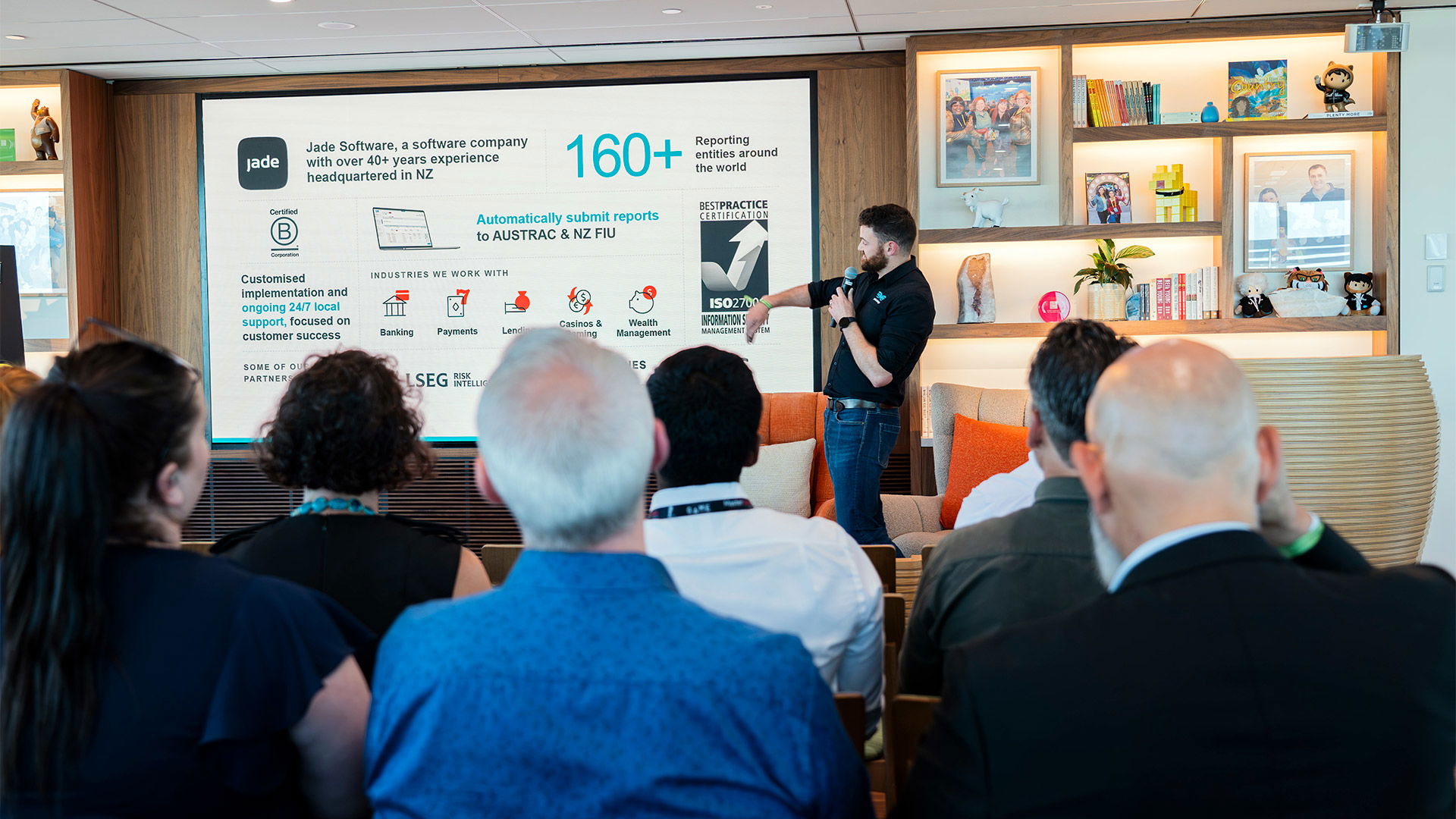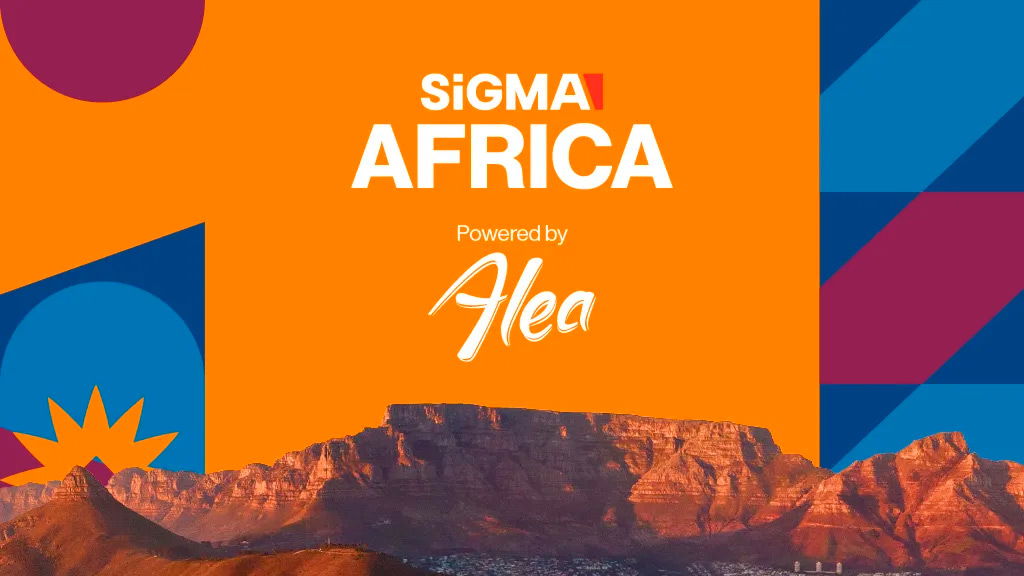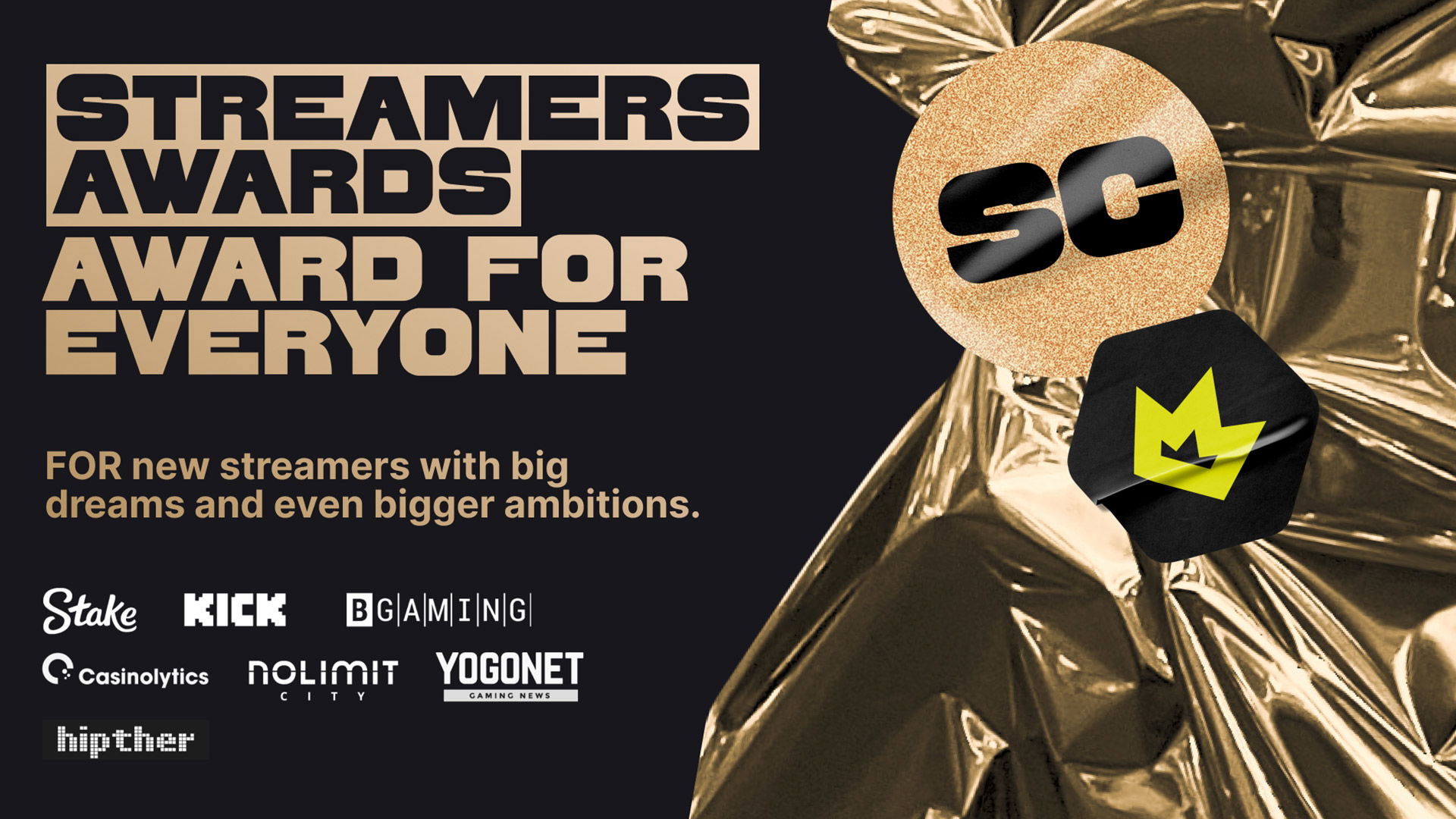Virginia Supreme Court ruling reinstates ban on skill gaming machines starting next month
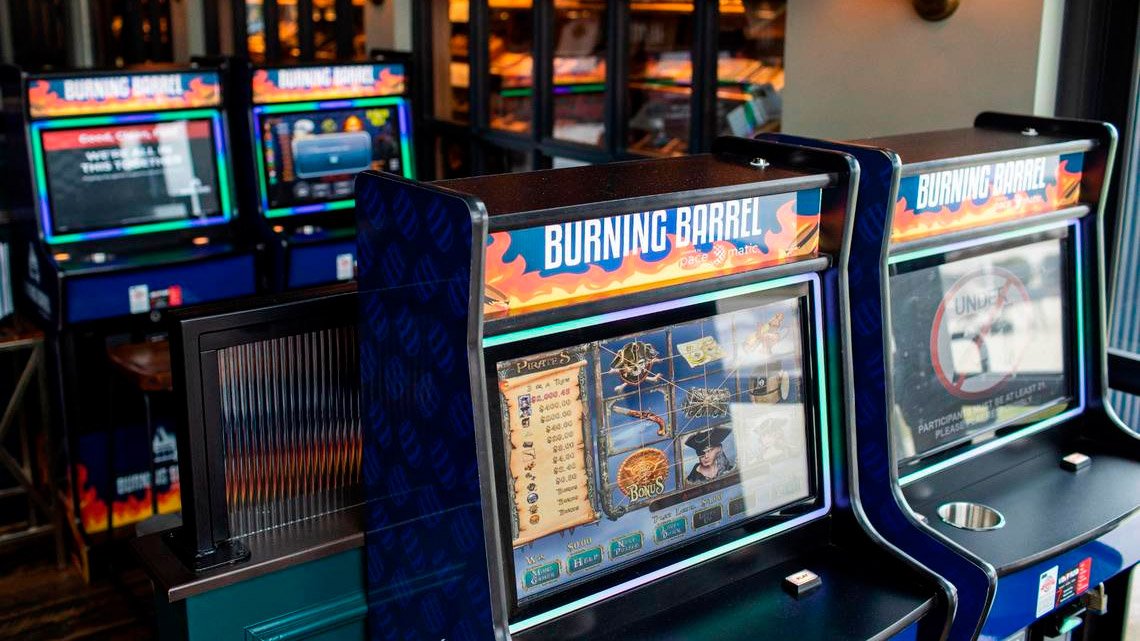
The controversy over electronic games of skill machines in Virginia has taken on a new chapter following the intervention of the state's Supreme Court. Local companies operating these machines have until November 26 to cease operations or risk financial penalties.
Earlier this month, the Virginia Supreme Court overturned an injunction that prevented the enforcement of a ban on so-called skill games. A 2021 ruling by a lower court in Virginia had challenged the ban, arguing that it violated free speech laws, thus allowing operators to continue offering these games across the state.
Now, with the moratorium coming into effect in November, small businesses operating electronic skill game machines have less than a month to remove them and stop offering such activities.
State Senator Bill Stanley (R-20th District), who also serves as a lawyer, was the driving force behind the lawsuit that initially labeled the ban unconstitutional. According to the legislator, the law favored the casino industry, creating a monopoly that could harm small businesses.
"The way they wrote it makes Chuck-E-Cheese an illegal gambling parlor, makes Dave & Busters an illegal gambling parlor because they have games of skill in there where you put money in and receive a benefit from," Stanley said, noting small businesses will go back to court in December and that he's confident they're going to win.
The Supreme Court overturned the injunction stating that gambling is an activity that can be strictly regulated, or even prohibited, by the state. The court record reads that, despite the nuances of free speech laws, gambling is a conduct that falls under the state's right to regulate.
The court filing reads: “Although at times it is difficult to determine where a particular activity falls on the speech/conduct continuum, no such difficulty is present when the activity being regulated is gambling. We long have viewed gambling as conduct that may be heavily regulated and even banned by the Commonwealth as an exercise of its police powers."
The original ban was passed in 2020. However, due to the Covid crisis and its impact on businesses, then-Governor Ralph Northam delayed its implementation. His belief was that the operation of these machines would help raise funds for the state during the period of pandemic-related closures.
With the new Supreme Court's decision, strict enforcement of the ban by the Virginia Beach Police Department and the Commonwealth's Attorney's Office is expected by November 26.
Any businesses or individuals caught operating electronic games of skill machines after the deadline will be subject to fines totaling $25,000 per device. The penalty could escalate to a class 6 felony if it is interpreted as an illegal gambling operation. In addition, players caught could also be penalized, facing fines of up to $500.


